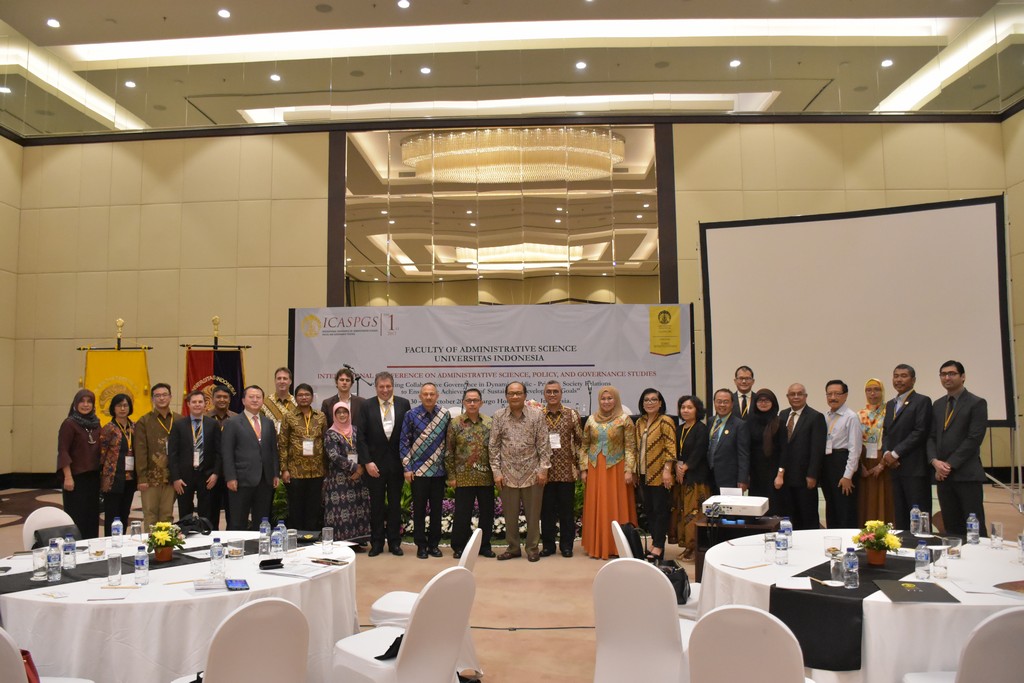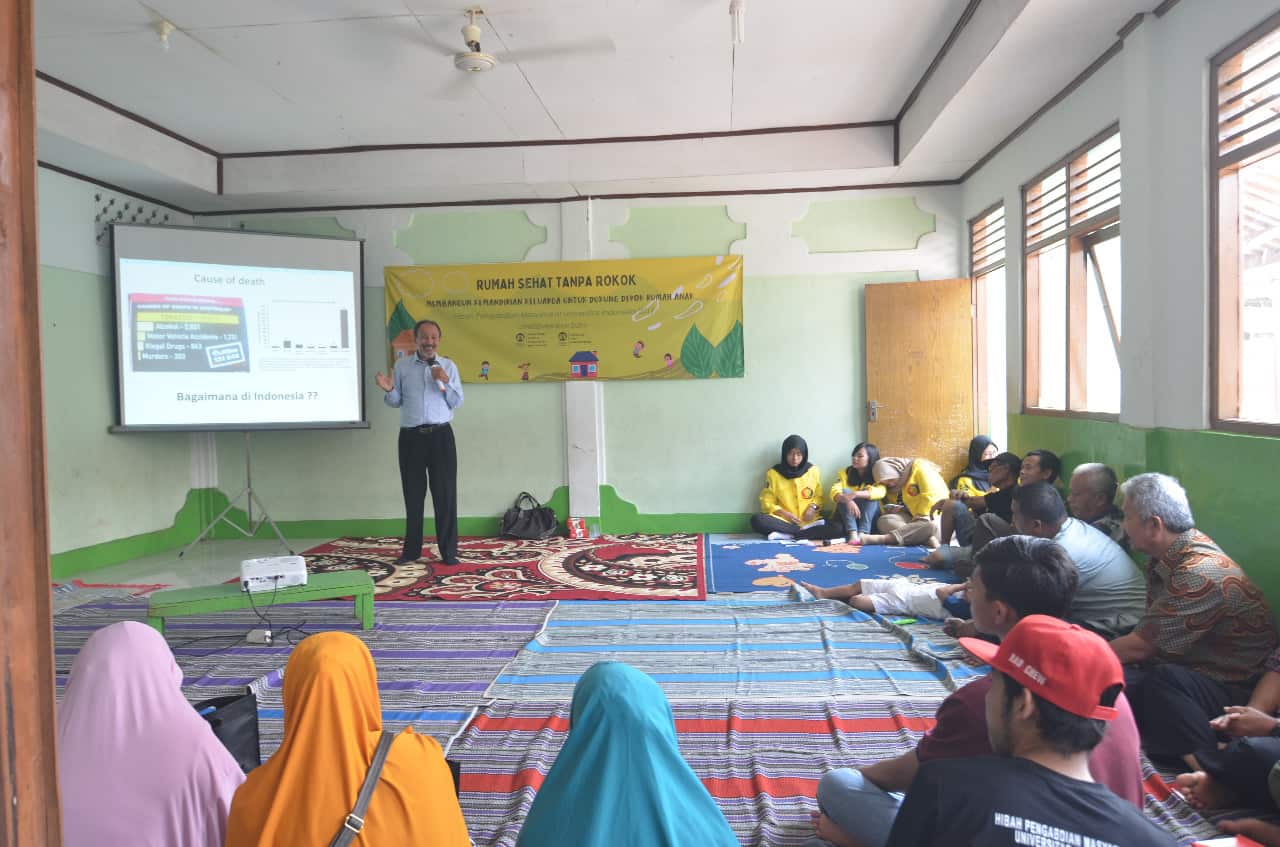The digitalization system is currently a necessity that must be applied by every stakeholder in carrying out their functions. To realize sales revenue, all organizational stakeholders must have competitive advantages regarding digital leadership, sales leadership skills (selling skills), business strategy, ecosystem, work practices and culture. The current situation shows that digitalization urgently needs to be implemented in the real world to create human resources that support healthy and sustainable business continuity. This was conveyed by Dr. Yeny Yusuf., S.E., M. Si, Ak, CA.
“The problem of failure and success of companies undergoing digital transformation has an impact on sales revenue, so it is necessary to look at the influence of digital leadership and selling skills as well as business support on sales revenue. This research shows that it is still important in digitalization. This also involves leadership skills at the company level that come from its human resources. So to generate sales revenue and add value to the company, it is created from small values that become its subsystems, where these subsystems become part of the system above it,” said Dr. Yeny.
Leadership skills in the form of digital leadership and selling skills which are sales leadership skills at the company (meso) level that cannot directly affect sales revenue, can be understood from a value chain perspective. Thinking about sales revenue is a series of activities carried out with the role of information system technology in the company’s value chain, as expressed by Michael Porter.
“Leadership in the world economy will move to countries and industries that systematically and most successfully increase the productivity of knowledge workers (knowledge workers), ” stated Drucker. The world, which has continued to develop for decades from Drucker’s statement, proves this through the 20 Strongest Economic Countries in the World 2022,” Yeny added.
This research also shows the influence of digital leadership and selling skills through DBSS on sales revenue. Digital leadership at the locus only significantly influences digital business strategy, digital ecosystem and practice, but not so on digital culture, which shows no significant effect. Regarding selling skills at the locus, it only significantly influences digital business strategy, practice, and culture rather than digital ecosystems.
Dr. Yeny pays attention to the digital culture at loci operating in Indonesia which is not significantly influenced by its digital leadership. Also, selling skills at loci only significantly affect its digital ecosystems. This is related to the culture and core business of its headquarters organization, namely Japan, as one of the countries with the most advanced technology in the world in the public and economic sectors.
“The hypothesis test results showed that DBSS does not significantly mediate or moderate the influence of digital leadership and selling skills on sales revenue. This is because so many parties and roles are interrelated to be able to generate sales. This is in line with Romney (2021) that companies obtain sales revenue through repetitive business activities and information processing operations related to providing goods and services to customers,” said.
The results of the third study from Dr. Yeny pointed out the role of DBSS in generating sales revenue. Even though in the DBSS hypothesis test, they cannot be intermediary variables and do not directly affect sales revenue, as a support system, they also drive business processes and sales in the company. Apart from the path analysis test on sales revenue, DBSS, a collection of variables in digital business strategy, digital ecosystems, digital practices, and digital culture, also shows its role through the mean value it produces.
Furthermore, Dr. Yeny said that supported by the relatively significant direct influence of digital leadership and selling skills, the bigger and better role of DBSS can help realize sales revenue, and other support systems that are not visible in the research model have yet to be studied. DBSS needs to be a concern when the company plans and designs sales revenue targets to be achieved. According to Wheelen, planning the grand strategy of a multidivisional company can be complicated and time-consuming.
Through this research, Dr. Yeny Yusuf gave several recommendations related to business policies, sales revenue and digitization, including that each entity in the company cannot ‘work alone’ to generate sales revenue; business organizations must have digital literacy skills as the primary indicator of digital leadership, character and integrity, AI and customers, partnership, speed, focusing on results and deliver/ship to customers.
“In addition, PMDN/PMA/BUMD/BUMN can adapt this research to re-examine certain leadership and skills barriers that may not be seen explicitly. Local and global investors can refer to this research when collaborating with the target business entity in digitalization. Finally, further research is needed by adding variables related to the role of government, which are the phenomenon variables in this research, so that the role of sales revenue in the state/global economy through related grand theory in administration study programs (commerce, fiscal and state) can be seen,” said Dr. Yeny.
Dr. Yeny Yusuf.,S.E.,M.Si, Ak, CA succeeded in becoming a graduate of the 27th FIA UI Doctoral Program and the 215th graduate as a Doctor in Administrative Science at the University of Indonesia with promoter Prof. Dr. Martani Huseini and co-promoter: Dr. Effy Z. Rusfian, M.Sc. as well as examiner Dr. Wilfridus B. Ellu, M.Sc.; dr. Corina D. Riantoputra, M.Com., Ph.D.; Prof. Bernardus Yuliarto Nugroho, MSM, Ph.D .; and Dr. Pantius D. Soeling, M.Sc. on Thursday (12/01/2023) with the dissertation title ‘Sales revenue through the influence of digital leadership and selling skills’ based on the perspective of Business Policy science.









